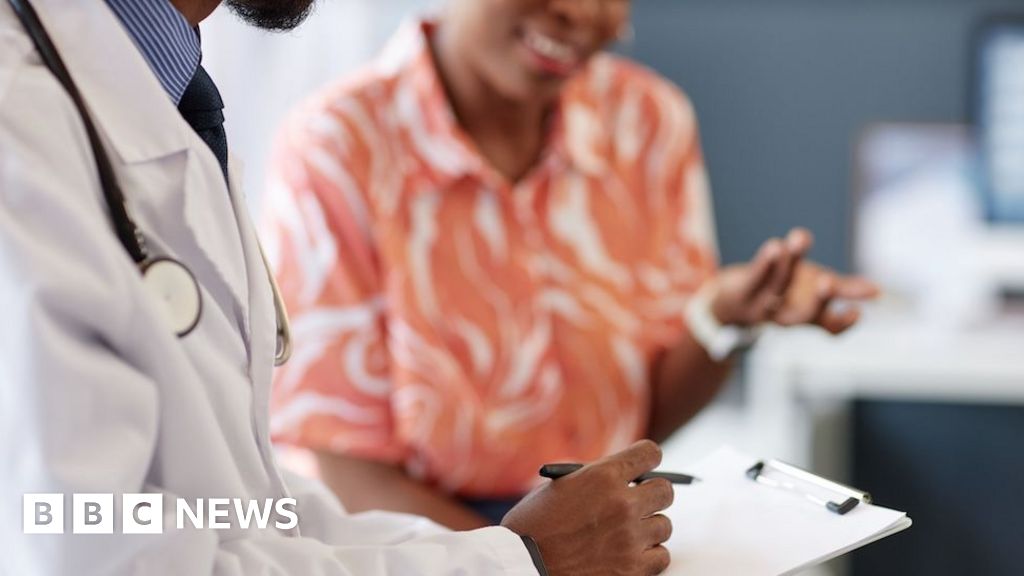ARTICLE AD BOX
By Michelle Roberts
Digital health editor
Image source, Stephanie Lopez
US doctors say a young boy called Easton has made medical history by becoming the first person in the world to receive a combined heart and thymus transplant.
The pioneering procedure was done to save his life, but could also revolutionise the field of organ transplantation, they hope.
The donated thymus tissue should help stop his body rejecting the new heart.
Months on from the surgery, tests reveal Easton is progressing well.
The thymus tissue is working, meaning his body is building critical immune cells which might ultimately reduce or even eliminate the need for him to take lifelong anti-rejection drugs.
One of his doctors, Joseph Turek from Duke University Hospital, said: "We are very excited about it. This concept of tolerance has always been the holy grail in transplantation, and we are now on the doorstep.
Image source, Getty Images
Image caption,The thymus gland is located in the chest, near the heart
"This has the potential to change the face of solid organ transplantation in the future."
The thymus gland helps the development of T-cells, which fight foreign substances in the body. It teaches these immune cells what is "self" and what isn't, and therefore what can be attacked.
Giving Easton cultured thymus tissue from the same donor who gave him a heart, should help his body adopt the new tissues, his doctors believe.
Easton's story
Easton was born with a weak heart as well as problems with his immune system. He spent his first seven months in hospital - some of it on life support - and needed numerous heart operations. as well as treatment for recurrent infections that his body was unable to fight on its own.
His mother, Kaitlyn Sinnamon, recalls: "It helped some, but it was basically a band aid for us to make it through transplant."
His doctors applied to the medical regulatory body, the FDA, to carry out an experimental type of transplant that hadn't been done in combination before, as far as they knew.
Since Easton needed a new heart and, independently, a new thymus gland, the FDA granted approval for the procedures that went ahead in August 2021, when Easton was six months old.
Image source, Stephanie Lopez
Image caption,Easton at home with his sister
Dr Turek said: "This was very serendipitous. We had the expertise to do both.
"The work we had done in the laboratory was based around using thymus along with heart transplantation in order to develop tolerance - so basically retraining the immune system and having the thymus of the same donor and heart grow up together.
"We thought this was an opportunity for Easton. This could be applied to all solid organs down the road potentially if this works."
Much more research is needed before then, including checking if it is viable to remove and replace the thymus in people who have one that is already fully functioning.
The medical team plan to wean Easton off the immunosuppressive drugs at some point, to see how he progresses.
Kaitlyn said: "I hope that as he gets older he gets to be proud of his scars, and know that he not only got to save his own life, but got to save other people's lives as well."
Related Internet Links
The BBC is not responsible for the content of external sites.

 3 years ago
54
3 years ago
54








 English (US) ·
English (US) ·